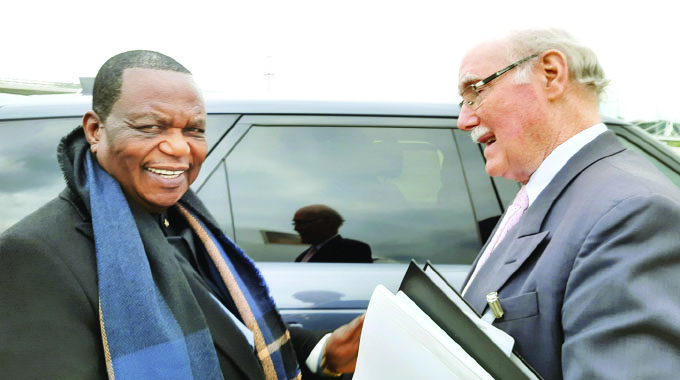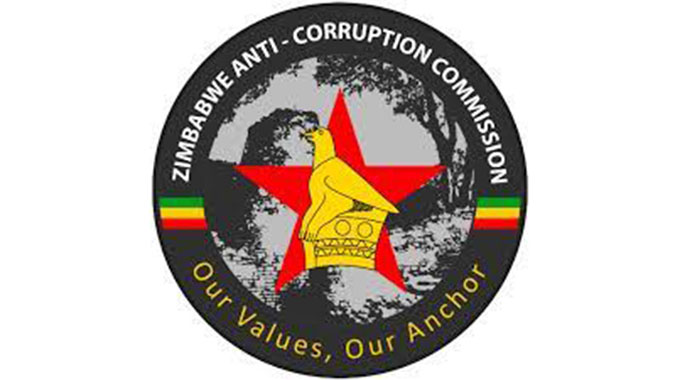Health leaders chart way forward

Mukudzei Chingwere in Geneva, Switzerland
Vice President and Minister of Health and Child Care Dr Constantino Chiwenga arrived here yesterday evening to join fellow global health leaders for the 76th World Health Assembly (WHA76) which will see leaders assessing global health targets as well as readying for any health emergency that may arise.
WHA is the World Health Organisation decision-making organ bringing together all WHO member states and its main function is to draw the organisation’s policies as well as supervising their effective implementation by the Director-General and his executive.
WHA76 comes on the back of WHO having recently declared the end of Covid-19 as a global health emergency while acknowledging that a threat remains and that the world should still worry about a resurgence.
It also comes at a time when Zimbabwe is accelerating the push for universal health coverage of quality consistent with an empowered upper-middle income economy as envisioned by President Mnangagwa and thus the need to continue international best practice benchmarking for local refining.
Speaking after touching down in Geneva, Vice President Chiwenga said his delegation, comprising of experts from the Ministry of Health and Child Care and other relevant Government departments, will engage and partake in shaping the global health narrative as well as meeting other important role players like health funders and United Nations affiliated health bodies.
“We are here for the celebration of the 75th anniversary of the World Health Organisation and also to attend the World Health Assembly of Ministers of Health and we will be meeting different groups from the Global Fund, from the UNAIDS, all the groups to do with medical issues . . . we will be meeting quite a lot,” said VP Chiwenga.
“So, we have come with a delegation of various expertise from the Ministry of Health and from other Government departments.
“While the World Health Organisation Director-General said Covid-19 is no longer a public health emergency of international concern, he didn’t say the pandemic is over. It means it can now be treated just like any other disease and he also gave a warning that we still have to be on the lookout in case there will be a resurgence.
“We are also going to be exchanging notes with others to see how best if anything of this nature does arise again, how can we deal with it before it devastates our people,” he said.
Zimbabwe continues to receive international commendation in its public health management systems which is primarily premised on President Mnangagwa’s insistence on an all-stakeholders approach to challenges as well as effectively harnessing and deploying local resources to these challenges.
As the world health leaders converge, there has been concern and worry from public health experts that the Covid-19 pandemic laid bare how global health systems are skewed against the developing world.This concern comes against the background that the world will not be able to achieve its international targets if some parts of the world are lagging behind for whatever reasons since diseases cross artificial borders.
In the case of Zimbabwe, there had been consensus that for all its success, Zimbabwe could do much more if the albatross of illegal sanctions placed on the country is removed.
In an interview earlier on before VP Chiwenga’s arrival, Zimbabwe’s Permanent Representative to the United Nations and other international organisations based in Geneva, Ambassador Stuart Comberbach, said the WHA76 brings together all 194 member states of WHO and Zimbabwe will play its part at this high-level engagement fora.
“This is the annual meeting of the World Health Organisation where all 194 countries will come. Most of them at ministerial and very senior level,” said Ambassador Comberbach.
“This is the first meeting of the assembly in what we can call a Covid-free environment since the World Health Organisation has declared that Covid-19 is no longer a major global health emergency.
“So, the focus now of this assembly is to look forward and how the global health community can come together as one and mobilise and coordinate so that the world is better prepared to handle this kind of global health emergency should it rise again in the future,” he said.










Comments